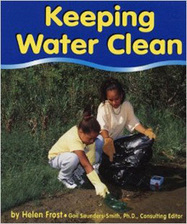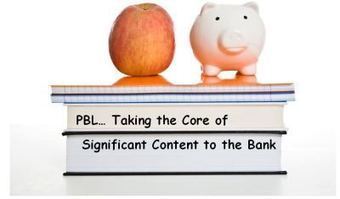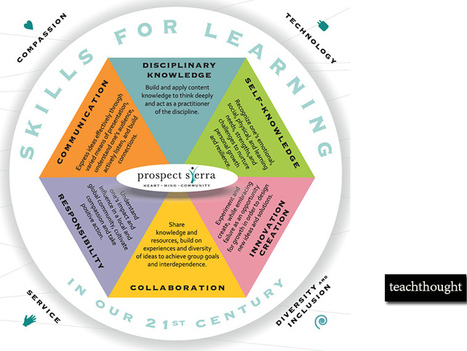"Project-based learning is one aspect of the Common Core’s with extra buzz. PBL engages students in purposeful ways by providing opportunities to develop a laundry list of 21st century skills in areas including critical thinking, research strategies, collaboration, communication, and literacy. If your head is spinning and you are wondering how you are going to make time for and create appropriate PBL opportunities for your elementary students, don’t worry! The good news is there are many ways to incorporate practical project-based learning into your elementary classroom. "
Research and publish the best content.
Get Started for FREE
Sign up with Facebook Sign up with X
I don't have a Facebook or a X account
Already have an account: Login
Tech tools that assist all students to be independent learners & teachers to become better teachers
Curated by
Beth Dichter
 Your new post is loading... Your new post is loading...
 Your new post is loading... Your new post is loading...
|
|












If you are considering project-based learning, but have questions about just what to do, this post may assist you. There are many suggestions about practical PBL projects that are appropriate for students in grades K - 5.
The post also includes a quick overview of the stops in PBL as well as a list of read-aloud books that may inspire students to ways they might create a project that will help their community. You will also find a list of ten ideas for projects and three other sections:
* Inspire Projects with Hand to Heart/Paw/Earth
* Teach Students to Ask Questions/Research Across Texts
* Try Ready-Made Books and Projects with Heifer
Project-based learning provides authentic learning opportunities for students to be highly engaged and to focus on the four C's that the Partnership for 21st Century and Common Core would like us to address: Communication, Collaboration, Critical Thinking and Creativity.